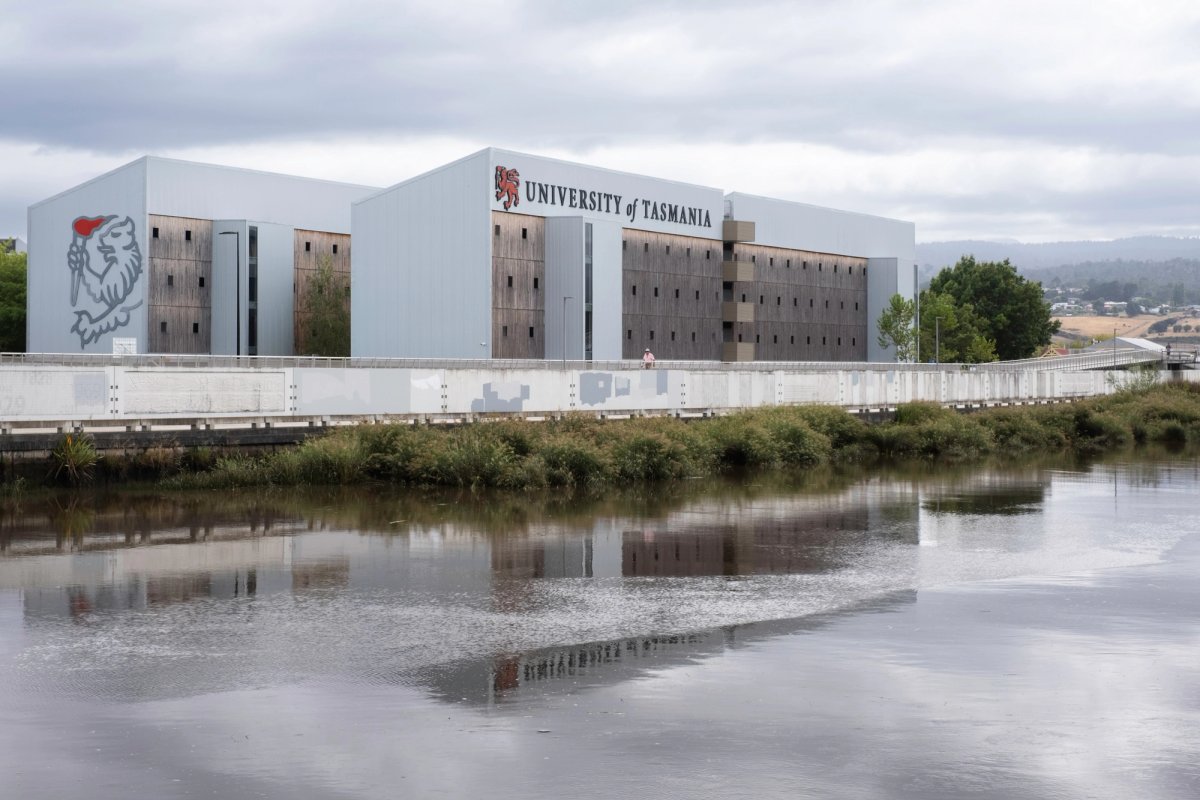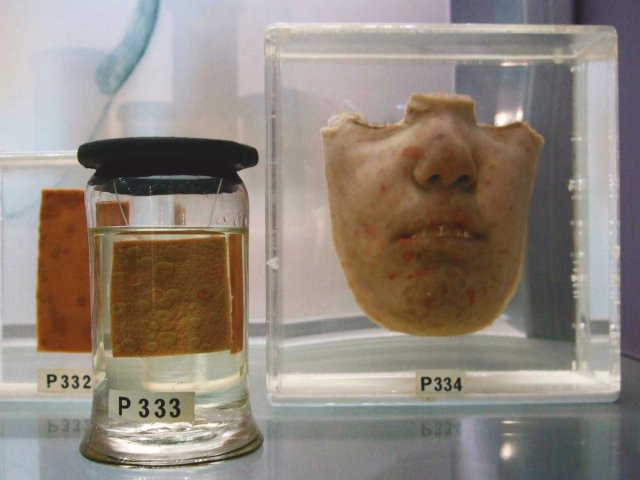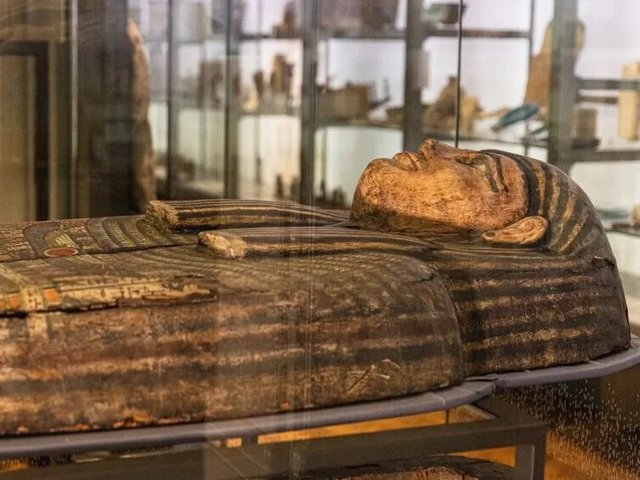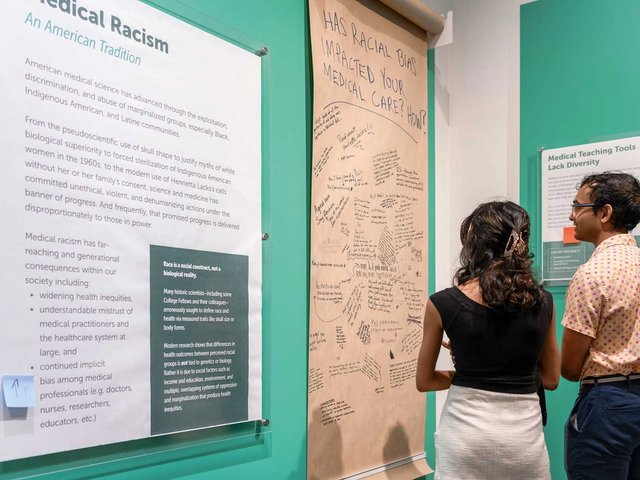A Tasmanian pathology museum kept, and in some cases displayed, 177 specimens of human remains for decades without relatives’ knowledge or coronial approval, according to a damning report published by the Magistrates Court of Tasmania.
The report, handed down on 11 September, found that pathologists had retained human specimens and given them to the R. A. Rodda Museum of Pathology at the University of Tasmania in Hobart between 1966, when the museum was established, and 1991.
The matter first came to light in 2016, when the Rodda’s curator raised concerns that several specimens in the museum were not authorised to be in the collection. This sparked a lengthy investigation by Tasmanian coroner Simon Cooper, whose report made no formal recommendations of further action to be taken.
However, it did conclude that the retention of human remains without family or coronial approval was “offensive to contemporary standards and values”. Cooper said it was “inconceivable” that the practice had continued for so long and had only ceased in 1991.
According to the Australian Broadcasting Corporation (ABC), the remains were removed from public display in 2018, after which the coroner’s office spent years reconciling records to determine their origin. One hundred sets of remains were identified and dealt with in line with the wishes of families, while the remaining 77 were respectfully disposed of.
The Tasmanian independent member of parliament (MP) Meg Webb is now calling for compensation for families and for further action against individuals and institutions to be considered. According to the Guardian, the MP has branded the report appalling and deeply shocking.
The deputy vice-chancellor for health at the University of Tasmania, professor Graeme Zosky, said the museum was deeply sorry about the practice and the hurt it had caused families and loved ones. Zosky said the museum would “carefully consider the coroner’s report to determine any further actions”.
Generations of medical practitioners have attended the Rodda Museum of Pathology in the course of their studies, because of its extensive collection of diseased human tissues and specimens. Zosky said the specimens had been collected during coronial autopsies, but that the practice “no longer occurs and has not for several decades”.





